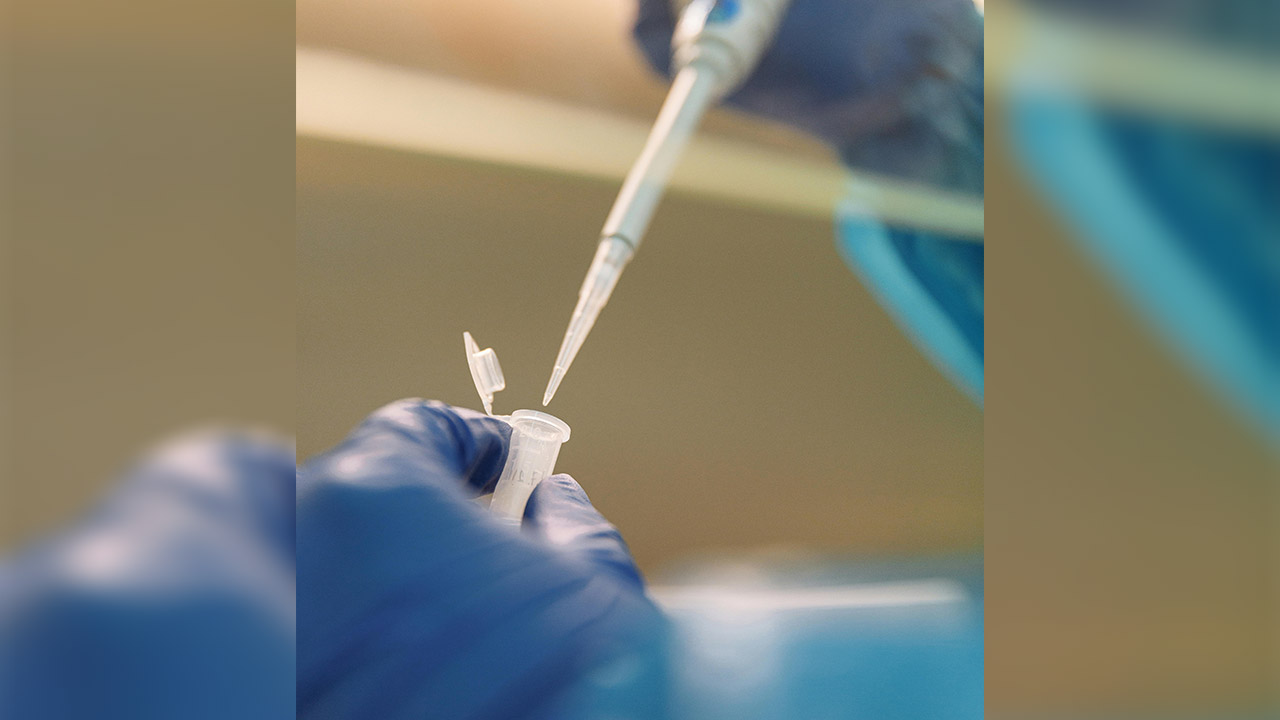Healthcare, UK (Commonwealth Union) – Researchers at UCL have devised innovative carbon beads that demonstrate promise in combating detrimental bacteria and inflammation, factors associated with liver cirrhosis and other grave health concerns.
Their findings, recently appearing in Gut, unveil the effectiveness of these carbon beads, now under the ownership of UCL spinout Yaqrit, in restoring gut equilibrium. In animal models, including rats and mice, these beads showcased a notable improvement in liver, kidney, and brain functionality. Furthermore, they were deemed safe for potential human application.
The logical progression according to the researchers of the study entails investigating whether these beneficial outcomes extend to human subjects, potentially revolutionizing the treatment landscape for diseases rooted in compromised gut health.
Globally, approximately 100 million individuals contend with liver cirrhosis, with an additional 10 million confronting complications stemming from this condition.
Professor Rajiv Jalan, the senior author from the UCL Institute for Liver and Digestive Health, underscores the current clinical conundrum: the burgeoning realization of the gut microbiome’s profound impact on health. When this delicate microbial balance falters, harmful bacteria can proliferate, overshadowing the beneficial bacteria crucial for gut vitality.
“One of the ways they do this is by excreting endotoxin, toxic metabolites and cytokines that transform the gut environment to make it more favourable to them and hostile to good bacteria. These substances, particularly endotoxin, can trigger gut inflammation and increase the leakiness of the gut wall, resulting in damage to other organs such as the liver, kidneys and brain.
“In cirrhosis, a condition characterised by scarring of the liver, it is known that inflammation caused by endotoxins can exacerbate liver damage. Part of the standard treatment for cirrhosis is antibiotics aimed at controlling bad bacteria, but this comes with the risk of antibiotic resistance and is only used in late-stage disease.”
To address this challenge, researchers at UCL, collaborating with Yaqrit, devised minuscule oral carbon beads engineered with a unique microscopic structure aimed at adsorbing both large and small molecules within the gut.
In their investigation, UCL scientists evaluated the efficacy of these carbon beads, marketed under the name CARBALIVE, in rejuvenating gut health and examined their effects on liver, kidney, and brain functions in rodent models.
Their findings revealed that consistent ingestion of these beads over several weeks effectively halted the progression of liver scarring and injury in cirrhotic animals and decreased mortality rates in those with acute-on-chronic liver failure (ACLF).
Furthermore, a trial involving 28 cirrhosis patients demonstrated the safety of the beads with minimal adverse reactions. Should similar benefits translate from animal models to humans, these beads could emerge as a vital tool in combatting liver disease.
Michal Kowalski, Vice President and lead of the CARBALIVE project at Yaqrit, pointed out that these innovative carbon beads, ingested and passed through the body intact, are smaller than a grain of salt. They function by absorbing endotoxins and other metabolites produced by ‘harmful’ gut bacteria, fostering a conducive environment for beneficial bacteria to thrive and restoring microbiome equilibrium. This mechanism prevents the leakage of toxins into other bodily regions, thereby averting damage, as observed in cirrhosis.
He further indicated that findings in animal models are positive with the lowering of gut permeability, liver injury together with brain as well as kidney dysfunction.
The findings pave the way for upcoming trials to assess the effectiveness of carbon beads in human subjects, with one trial set to commence shortly. If proven efficacious in halting or slowing the progression of liver damage, these beads could become a crucial tool in managing liver disease and potentially other ailments linked to compromised gut microbiome health.
Professor Jalan, a Hepatology Professor at UCL and consultant at the Royal Free Hospital, expressed optimism about the translational potential of these findings. He indicated that he is optimistic that the promising outcomes observed in animal models will translate to humans, offering hope not only for liver disease treatment but also for addressing health conditions associated with dysregulated gut microbiomes, such as irritable bowel syndrome.
Highlighting the collaborative effort behind the research, Professor Jalan emphasized the journey from inception at UCL to the establishment of Yaqrit, a spin-out company. He credited grant funding from the European Union’s Horizon 2020 program for enabling the manufacturing of carbon beads and supporting exploratory research into their diverse applications. He concluded with confidence, envisioning regulatory approval for the beads’ therapeutic use in liver disease and beyond within the coming years.








